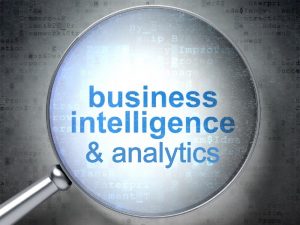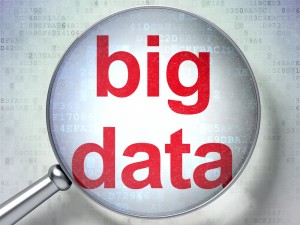Blog
Key Trends in Data Management & AI in 2025 / 2026
The following trends were originally presented by me at Big Data LDN in September 2025. These trends are not in any specific order or priority.
- AI Agents everywhere with multi-agent collaboration, agentic workflows and agentic applications. This is happening in operations, data and analytics and knowledge management with natural language fast becoming the new user interface
- Agentic data management, data engineering, data science, and analytics are all here now and will grow fast
- Merging of structured and unstructured data and AI search for self-service analytics and holistic insights
- The rise of knowledge graphs and incremental creation of an enterprise ontology to provide context for AI
- A new AI powered, technology stack with a data fabric and lakehouse foundation to support AI & analytics
- Data Fabric workflows enable you to combine data processing, cognitive services, queries, ML, graph, & AI Agents in a single orchestration and to generate multiple types of workflow
- Cloud data lakes storing now storing transaction data, unstructured data and data for use in analytics
- Transaction databases integrated with lakehouses for lower latency data and to support AI agents/AI apps
- Note that transaction data is typically NOT stored in open table format but that automatic replication to that format is now possible to make it available in near-real time to business analysts and data scientists
- Single AI-powered, unified, active data & AI governance platform with shared metadata for all data governance disciplines
- Metadata is now a big data problem and needs to be integrated the same way as data using Iceberg and graphs
- Data products are now the adopted approach to incrementally build of a data foundation on open tables
- Internal data & AI marketplace with data products, BI prompts, reports, ML models, AI Agents, and more
- Companies are taking a factory-oriented approach to accelerate democratised development of data products, AI agents, BI, ML models etc., with a federated operating model that has a Data & AI program office to coordinate development across multiple teams around the enterprise and align them on common business priorities and outcomes defined in the business strategy

Register for additional content
Register today for additional and exclusive content - informative research papers, product reviews, industry news.









